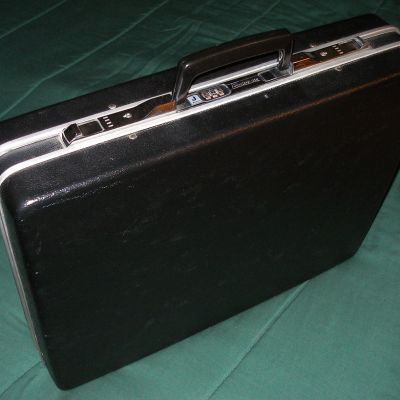The Law Society of British Columbia (LSBC) regulates the practice of law within the province. Recently it identified eight individuals and businesses that were misrepresenting themselves as lawyers.
The LSBC required them to sign written commitments stating that they won’t practice law anymore. The LSBC may apply for court orders against them if they continue practice law without being authorized to do so. It obtained such an order against someone in September, 2019.
In this day and age, with so much law freely available mere keystrokes away, what does it matter if someone is a lawyer or not?
It is true that lots of law is freely available. However, the sheer volume of law available makes it easy for someone without adequate knowledge or experience to quickly become engaged in analyzing individual trees without being able to see the proverbial forest. The sheer volume of law can be overwhelming even for some lawyers.
Without legal knowledge and years of practice experience, it is easy to fail to appreciate the significance of certain facts, miss important legal issues, or not know how to apply the law to the specific case. To state the obvious, someone who is not authorized to practice law will not be able to give you reliable advice. They could very well do you more harm than good.
How to apply various laws to a specific case is not something that can be found online.
Also, someone who is not authorized to practice law can not represent you in court. This means that ultimately, they will not be there to stand by their advice, when you need it most. You could find yourself without anyone to help you, and no lawyer being willing to take on your case at that stage.
Practicing lawyers are also insured. This means that if you are adversely affected by a lawyer’s mistakes, you can make a complaint to the Law Society. There are processes in place which could provide you some redress. This is not so with someone who is not authorized to practice law.
Lawyers also maintain highly regulated trust accounts. This means that when a lawyer receives funds on your behalf, such as settlement funds, they are subject to strict rules which protect those funds.
Law societies across Canada, including the LSBC, generally have directories on their websites containing the names of the lawyers authorized to practice in that province.
Generally, a lawyer can provide limited advice in a province in which he or she is not formally authorized to practice law, as long as certain requirements are met. There is a special agreement among the law societies that applies to this.
While it is not very common, some lawyers are authorized to practice law in more than one province. Believe me, it takes commitment to be willing to comply with the rules of more than one Law Society at the same time!
To verify that a person is authorized to practice law in British Columbia, go to the LSBC website, click on the Lawyer Directory and enter the lawyer’s name. The LSBC also maintains a list of people it is aware of who have practiced law without being authorized to do so.
If you remain uncertain, the LSBC recommends emailing the Credentials and Member Services department at memberinfo@lsbc.org to find out a person’s practicing status.
This is a slightly modified version of an article that is appearing in the Kelowna Daily Courier, the Kelowna Capital News and other online publications on or about December 6, 2019. The content of this article is intended to provide very general thoughts and general information, not to provide legal advice. Advice from an experienced legal professional should be sought about your specific circumstances. If you would like to reach us, we may be reached through our website at inspirelaw.ca.
